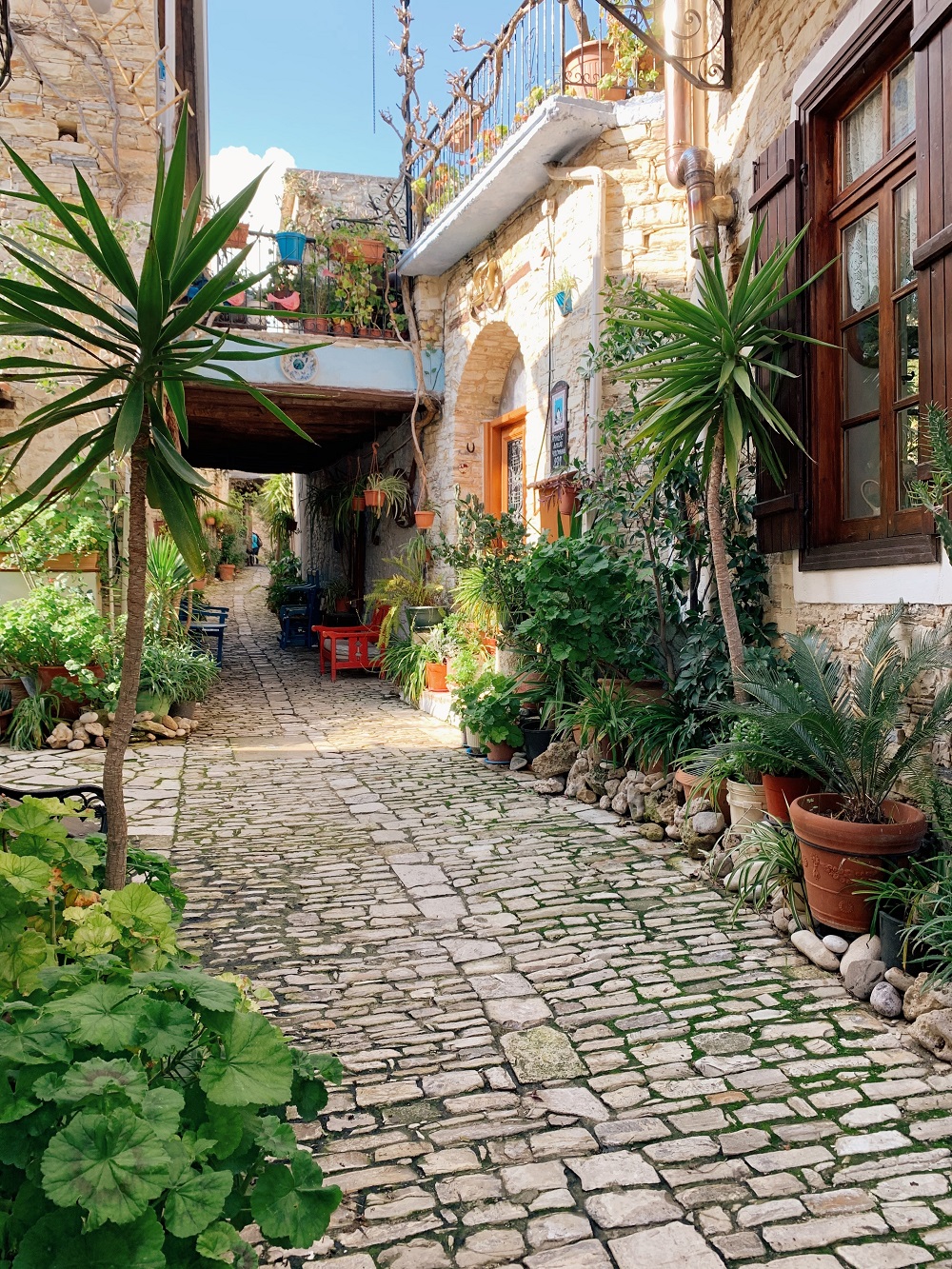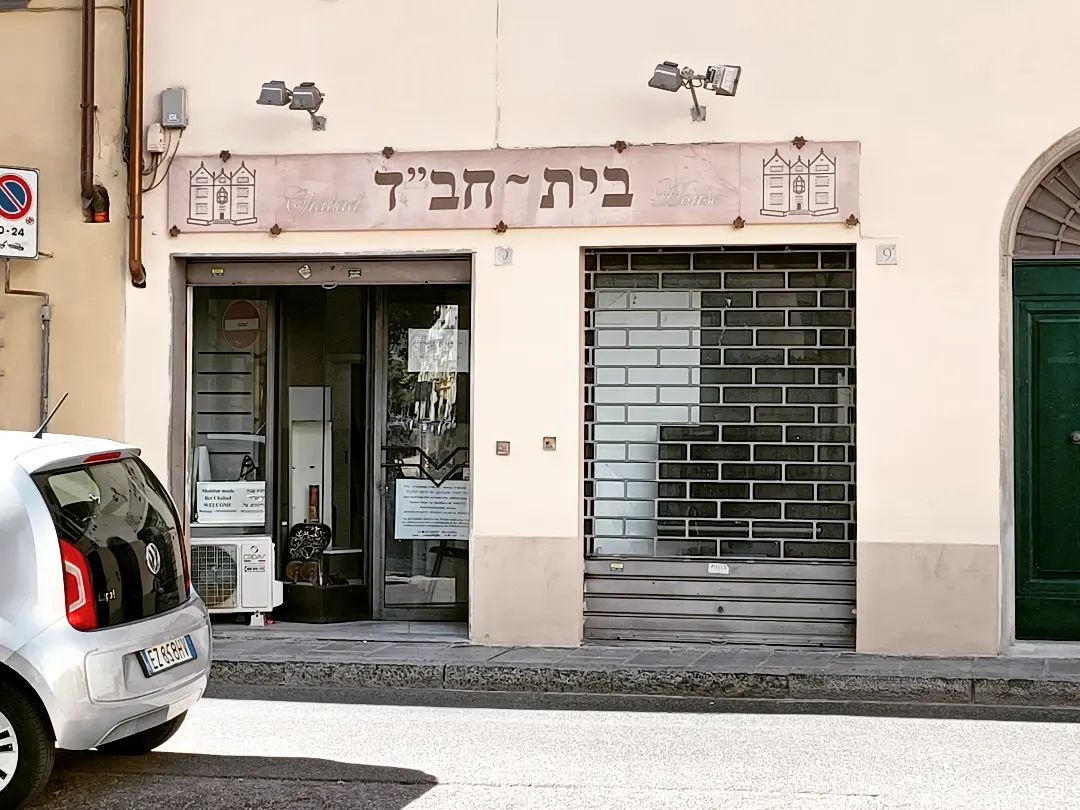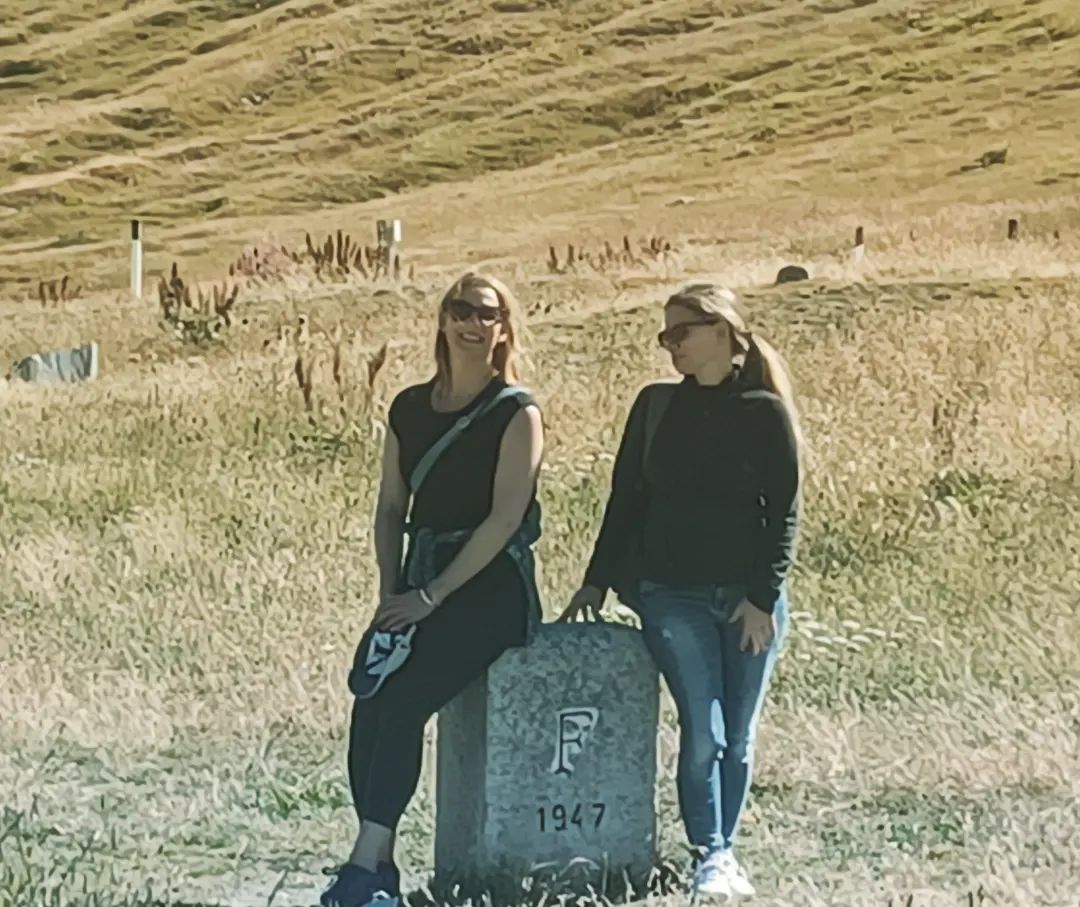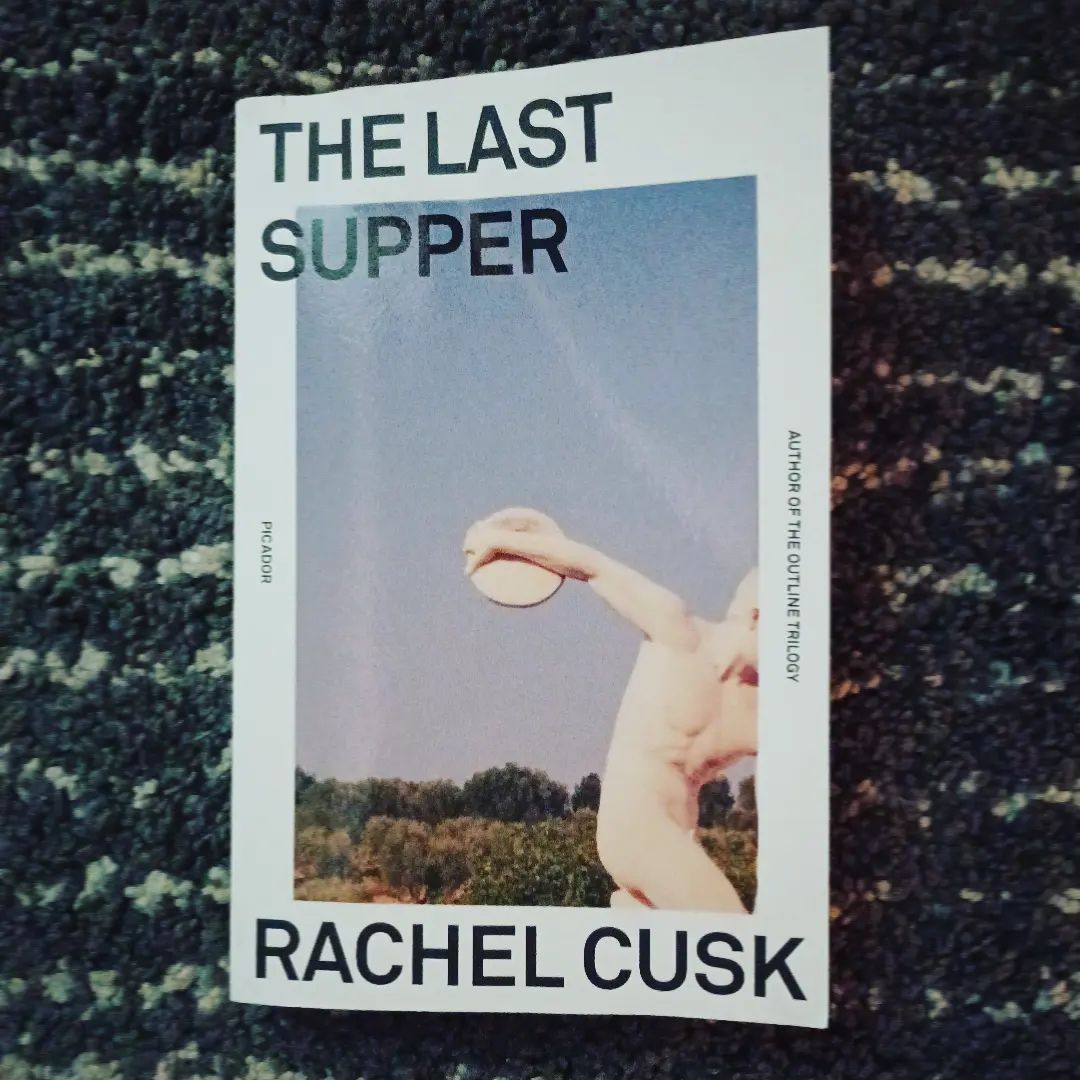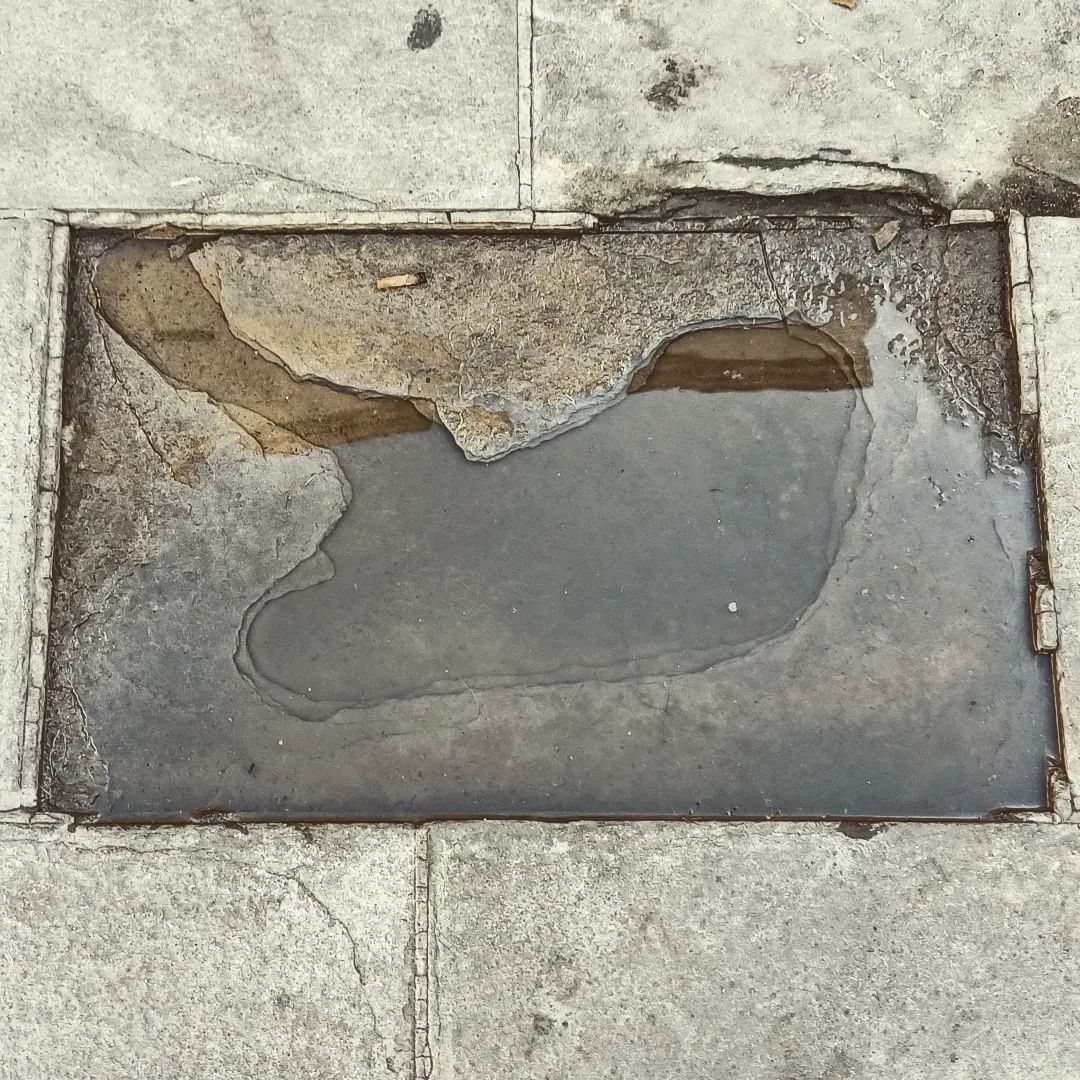About a month ago, I decided that my time of intensive Italian language learning in student mode had run its course. All Italian, all the time: my brain, initially whetted by the grammatical explanations and structured conversations, had naturally transitioned to a feeling of relative calm as I moved about my business in centro. In that sense, the Italian language classes did their job: my twenty weeks of the language student masquerade had paid off.
My Spanish seems to have gone on a permanent hiatus, camouflaged among the forest of Italian trees through which I daily pick my way. It has melted seamlessly into Italian, informing my current options and accent, and providing a solid base. Yet when I am approached by Spanish speakers here, it is only Italian that comes out.
The human brain has no switch. It is organic, as is the communication it creates and attends to. If I try to steer my brain back to Spanish, the brain tacks back to Italian. There are worse linguistic fates. Thirteen years of school Spanish and living abroad were not erased, but rather transformed.
It has become clearer to me how language learning is most rapid when used daily. It is one thing to “learn” a language, but quite another to use it each day in the locale where it naturally thrives. This is why, and I am sorry to bring it up, Rosetta Stone drives me crazy. They cannot place you in Country X to learn language X. Yes, they can bombard you with conversations and touch-screen balloons and Elmo-app-like videos, but at the end of the day, you are situated in Country Y trying to learn Language X. And that in itself certainly has its merits, giving your brain a nice workout and fracturing your perspective in new and interesting ways, perhaps. But it is not going to make you wake up one day, suddenly fluent in Italian.
For me, formal language learning has always been very relaxing. I started learning languages so long ago that a part of me just loves to be in language class. It’s how some people like to do crossword puzzles, or sudoku. Show me some conjugations, discuss the theory of representing time, correct my pronunciation, have a little conversation. It’s a bit like free-form, 4-D crossword puzzles.
It was with this in mind that a Facebook post piqued my interest on day – “French lessons, in group or private.” I contacted the woman offering them, and, after a few long chats, we agreed to meet. Her partner owns and runs an art gallery in San Lorenzo, where she keeps a small classroom.
We met at the News Caffe, her regular coffee spot, and talked a bit outside on the terrazza, which faced the Medici Chapel and was very loud and full of exhaust fumes. She lit up, and looked closely at me as she exhaled.
 |
| Capella Medicea |
We chatted in French. Halting, at times, granted. But there it was, waiving its tricolore! Rachel was clearly very cosmopolitan, creative, well-traveled. New York, Morocco, from Paris – now in Italy.
We progressed to her classroom where she completed her assessment of my French skills. She seemed to have a solid plan for me. I assured her that I had no professional motives at present to work on my French, just personal ones. I just wanted to work on a language other than Italian, for a bit. Take the focus of Italian. Enjoy another mind for a bit.
I have been thinking about it a lot in the week since our first lesson, but one thing that French gave me was a sense of solid personal boundaries. French taught me how to be less obsequious. Don’t feel like smiling? Fine, don’t smile. You don’t know that person on the bus or the sidewalk; you owe them nothing. Don’t like something? Walk away. Want something? Obtain it. When I was a student in Strasbourg, it highlighted my executive function like nothing else. Additionally, it gave me a stronger sense of self, probably due to those reinforced personal boundaries. I felt more precise and clear-headed in French. There was a social model of thought and comportment to which I aspired. I felt like up to that point, I had been bizarrely spontaneous. France helped me understand how to decide how to be, and how to decide what to say.
Rachel’s instruction emphasized these same points. Uncanny.
“Tell me a story about something that happened in the past,” she said. “Tell me about when you became a mother.”
I fumbled. I had Victor when I was 37, and Eleanor at 41. They were born in the same hospital.
“I promise, I used to know these words,” I apologized.
“I know,” she said. “But you are simply reciting facts. Did you not have feelings about these events?”
Suddenly every feeling I had had in the years before we had Victor came to the surface. I felt strangely transported, and sad. What was this, a hypnosis session? Using my third language to discuss events previously only reviewed and related in my first language (longing, loss) scraped my heart down to the ground again. I blinked back tears. She did not notice how flushed I was.
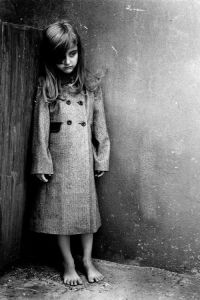 |
| How I felt trying to explain something very traumatic to someone I had just met, in her first language, my third. |
“Let’s make a list of emotions and feelings.” She was into it, at her whiteboard, holding a marker. “Sadness, anger, happiness.”
I struggled to come up with relevant vocabulary. I could tell she was re-estimating my proficiency.
“I am sorry,” I said again. “My French is very rusty.” Maybe we could talk about something less emotionally fraught, like the buses I used to take around Strasbourg, or the places I’d been to in France.
“Well,” she said briskly, “let’s take, as a task, the reeducation of your feelings in French. You must think about how the words you use create an image in my mind. Did you think of that?”
Actually, er, no, I hadn’t thought of what words were in your mind, because I know you are French and all these words are currently in your mind, while they are not at all in my mind.
I was getting major French flashbacks. French confidence. There is nothing like it.
“Did I tell you I have published two novels?” she asked me.
I shook my head non. But I liked this fact.
I also liked the classroom in the art gallery, and this cheery, confident Parisian. I liked excavating my French, and feeling safely off-balance and uncomfortable.
I have my next class tomorrow morning, and have made my list of emotions versus feelings for our Pascalian discussion.



